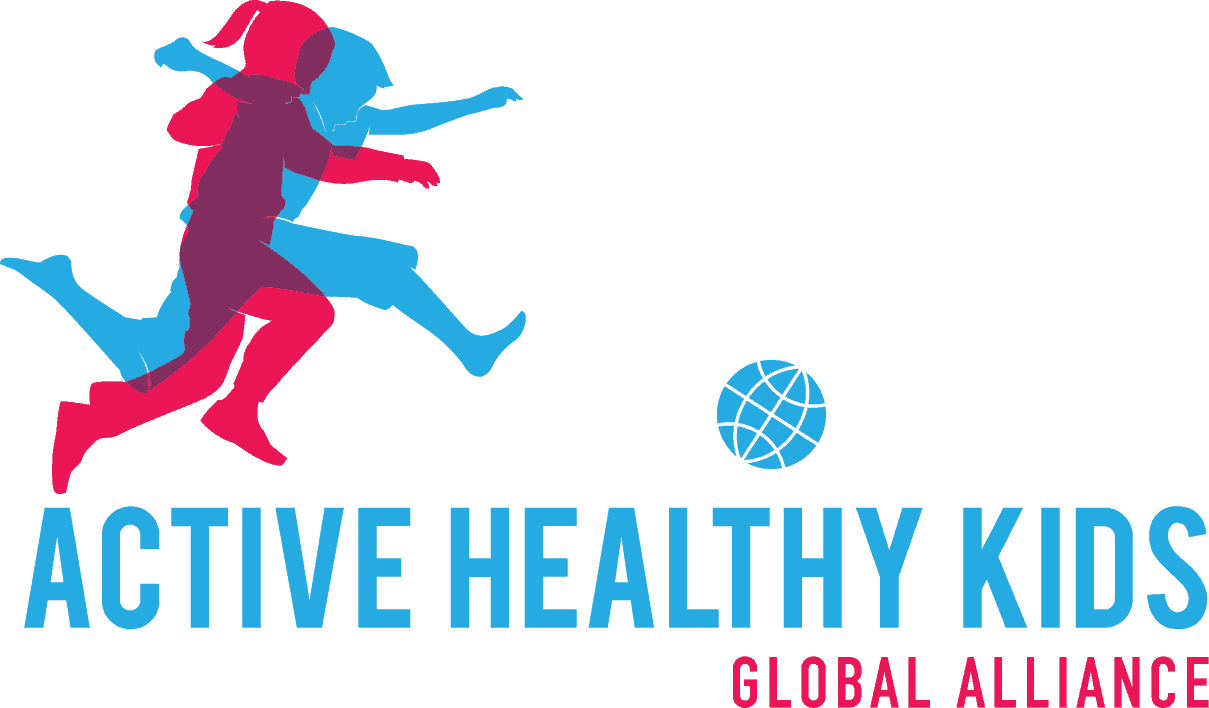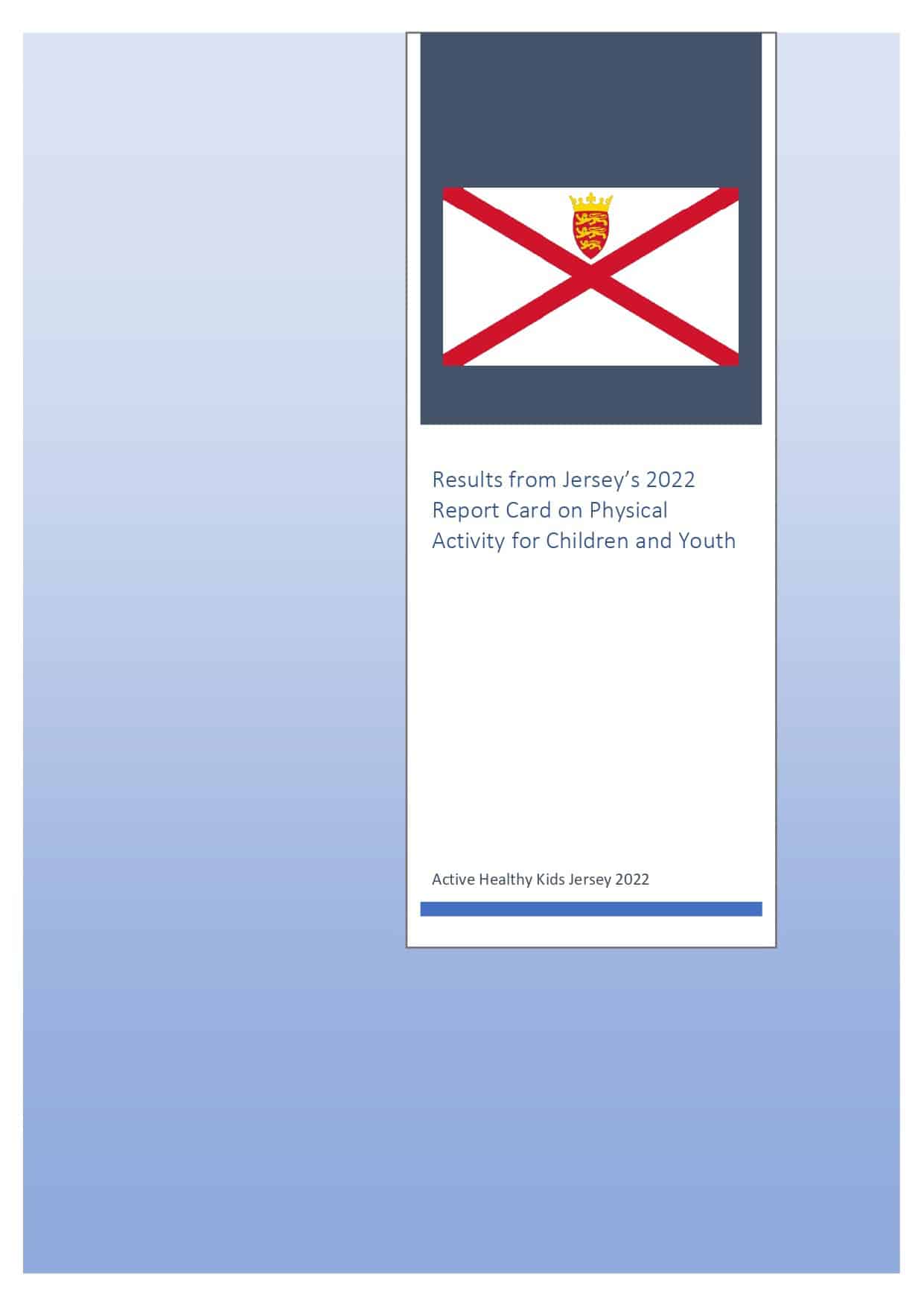Conference Abstract: Movement to Move
Results from Jersey’s 2018 Report Card on Physical Activity for Children and Youth
List of Authors:
John Scriven, Josephine Cabot, Demri Mitchell, David Kennedy.
Introduction:
A high prevalence of physical inactivity in Jersey children has been identified and is concerning due to the associated health and economic consequences, particularly in adulthood. For the first time, a Report Card on PA for children and youth has been developed in Jersey.
Methods:
The 2018 Report Card included the 10 core PA indicators that are common to the Global Matrix 3.0. The sources that informed the grades included national surveys, peer-reviewed literature, gray literature such as government and nongovernment reports, and the Report Card Research Working Group (RWG) expertise.
Results:
Two indicators (Organized Sport and PA; Active Play), were not graded due to insufficient or non-existing data. The other eight indicators for the 2018 Jersey Report Card were assigned grades.
| Indicator |
Grade |
Rationale |
| Overall Physical Activity |
D- |
The overall proportion of Jersey children that are physically active for at least one hour every day is 22%. |
| Organized Sport and Physical Activity |
INC |
At this time, Jersey does not monitor the amount of children participating in organized sport and PA. |
| Active Play |
INC |
At this time, Jersey does not monitor the amount of children participating in active play. |
| Active Transportation |
D+ |
Data on 10-15 year olds show that the overall % of children travelling to school by active means is 37%. |
| Sedentary Behaviors |
C |
49% of 10-15 year olds reported spending less than two hours of watching television. |
| Physical Fitness |
D |
Jersey school aged children meeting the international criterion standards for physical fitness are: 36% for cardiorespiratory fitness; 58% for muscular strength; 41% for muscular endurance; 10% for flexibility; and 10% for motor fundamental movement skills development. |
| Family and Peers |
C |
52% of adults said that they perform 30 min of any PA, 5 or more times a week. 55% of respondents also reported an activity level which met or exceeded this recommendation. |
| School |
B- |
The RWG identified that 67% of schools have active school policies and 50% accurately reflected the extent of PE specialist coverage; 43% of schools reported that they offer more than 80% of their students the mandated amount of physical education; and 96% of schools said that they provide their students with equipment that supports PA. |
| Community and Environment |
C |
74% of the public perceive sport and physical activity as important and valued in Jersey. The Jersey Report Card RWG assigned a grade based on the “Fit for the Future Strategy” 2014-18 and the £1.5m of funding allocated to its implementation. The Jersey Repot Card RWG agreed to grade 30% the infrastructure specifically geared towards promoting physical activity based on data from the ‘Jersey Countryside Accesses Strategy’.
In addition, 56% of children or parents reported having facilities, parks and playgrounds available in their community; 58% of children or parents report living in a safe neighborhood where they can be physically active, and 43% of children or parents report having well-maintained facilities, parks and playgrounds in their community that are safe to use. |
| Government |
D |
An average score of D was attributed to Jersey Government for its effort to support children and youth’s physical activity by the Jersey Report Card RWG. This was based on the expert input from the Jersey Report Card RWG and assessed government facilities, policies, incentives, programmes and strategies. |
Conclusions/Recommendations:
Encouraging and developing PA in the future requires a collaborative approach and the coordinated efforts of government ministries, health authorities, non-profit, private and voluntary sectors. This approach must be supported by an over-arching strategic plan with the systematic surveillance of the core indicators of the Global Matrix. Any strategy should recognise the need for preventative rather than reactive health measures whilst addressing the inequality, resourcing and surveillance concerns that surfaced through the process.






